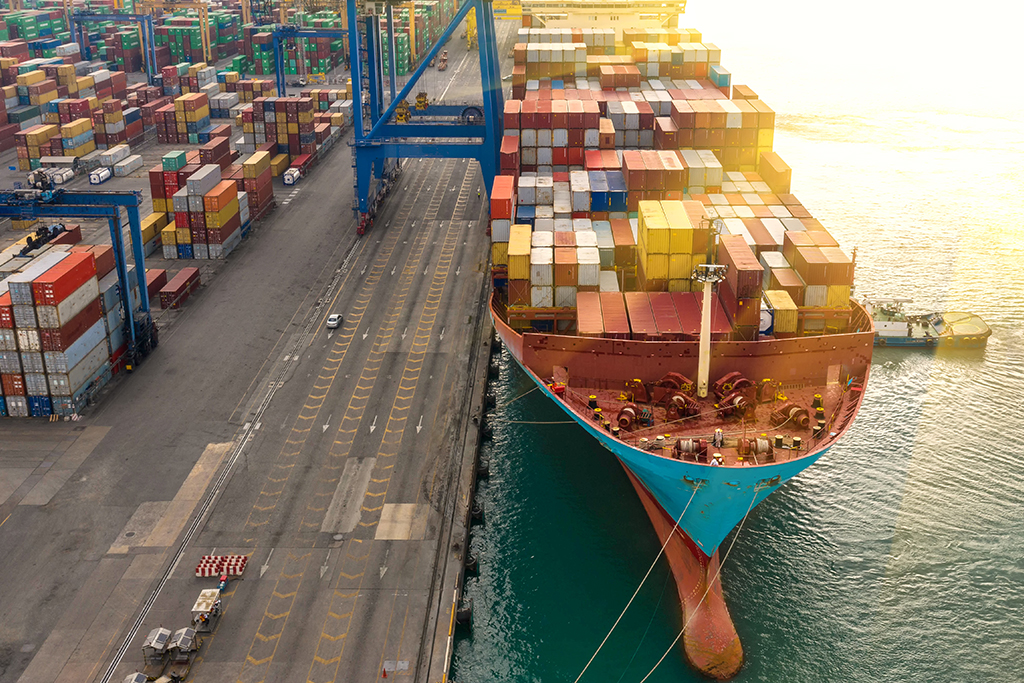On 1 October 2024, a short strike commenced in the United States (US) by the East Coast and Gulf Coast dockworkers represented by the International Longshoremen’s Association (ILA). The strike was the first large–scale strike in nearly 50 years, halting the flow of approximately 50 percent of the US ocean shipping. It took place after negotiations for a new labour contract, which dealt with wages and terminal automation project issues, collapsed. The ILA does not appear keen to adopt new automation issues, viewing them as a threat to ongoing work of its members.
That strike only lasted a few days before the dockworkers returned to work for additional negotiations. However, those negotiations have not secured a positive outcome, and it seems to be likely that a new strike will commence on 15 January, 2025. Such a strike would create significant delays and other issues for goods entering the US and adversely affect the availability of empty containers for use on other routes.
Interesting comments have been coming from President–elect Trump, who was photographed with leadership of the ILA, supporting the ILA and stating that he knew all about automation at the ports. He further mentioned that additional automation in the US might come at a cost to workers that exceeds any benefits. This can be contrasted with the Biden administration which resolved not to become involved. At the same time as President–elect Trump’s comments, many parties in US industry who would be affected by a further strike published a letter to the negotiating parties, stating that automation would, in fact, assist those in the supply chain and requesting that the negotiating parties find an agreement to avoid the disruption of a strike.
The general view seems to be that a further strike is likely to occur from 15 January, 2025. However, there is a sense that the new Trump administration may assist in securing a deal to announce a resolution of the issues from the very start of its new administration on 20 or 21 January, 2025. That would certainly allow a newly inaugurated President Trump to start his new administration on a positive note from its commencement.
In the meantime, those in the supply chain exposed to the US strike would be wise to create contingency plans for US-based international sea freight shipments under their control, as the prospect of further industrial action at these ports between now and 20 January is steadily increasing.
| Disclaimer: This publication contains comments of a general nature only and is provided as an information service. It is not intended to be relied upon, nor is it a substitute for specific professional advice. No responsibility can be accepted by Rigby Cooke Lawyers or the authors for loss occasioned to any person doing anything as a result of any material in this publication.
Liability limited by a scheme approved under Professional Standards Legislation. ©2023 Rigby Cooke Lawyers |
